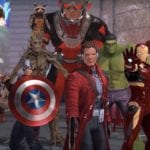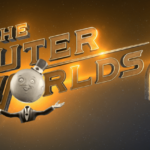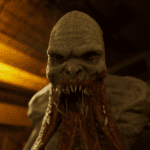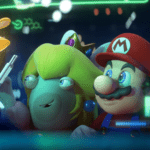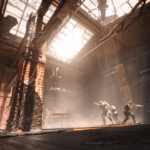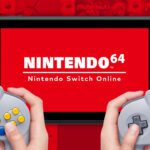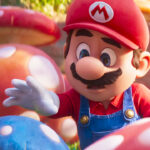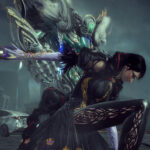Is Nintendo Their Own Biggest Enemy? (OPINION)
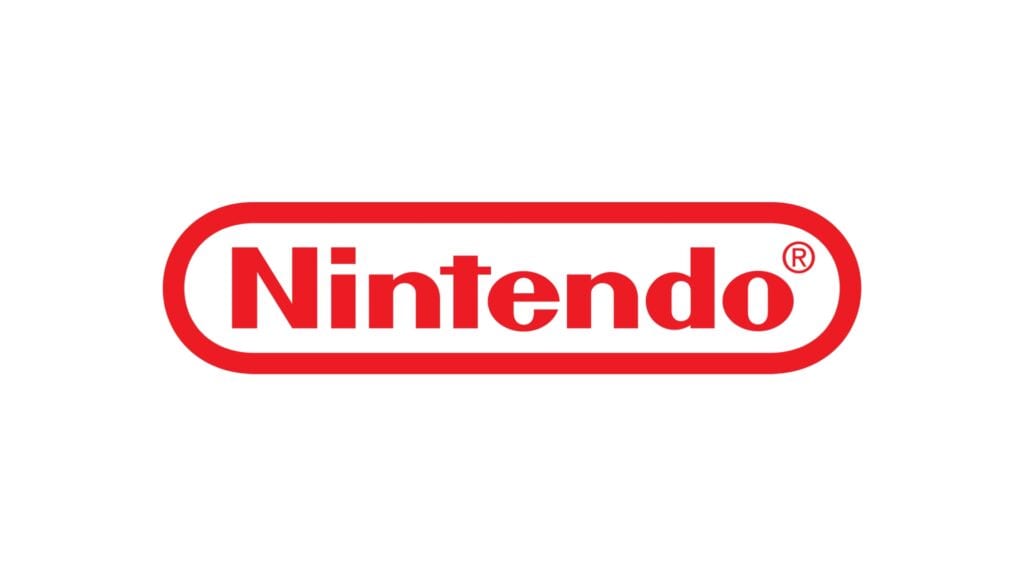
Nintendo is a staple in the gaming community, a name that has always carried weight and respect among peers and gamers around the world. Because of that, there is a market eager and waiting to relive their favourite stories from the past and that nostalgia provided the gaming giant the inspiration to bring the classics back, as seen with their NES and SNES Classic Editions. There is one glaring problem however, and it seems that Nintendo is their own biggest enemy when it comes to delivering on their promise of reliving fond memories, and even creating new ones as seen in the Nintendo Switch.
Back in 2016, the NES Classic Edition was first announced and the positive feedback was immediate. The smaller console emulated the original platform and offered pre-loaded classics to enjoy. With HDMI compatibility and high definition performance, the demand was high. Nintendo, however, did not anticipate this demand properly and the consoles quickly sold out everywhere. This prompted those searching for the re-imagined console to look towards third party dealers that inspired swift action from scalpers world-wide looking to make a sale at a much bigger price tag.
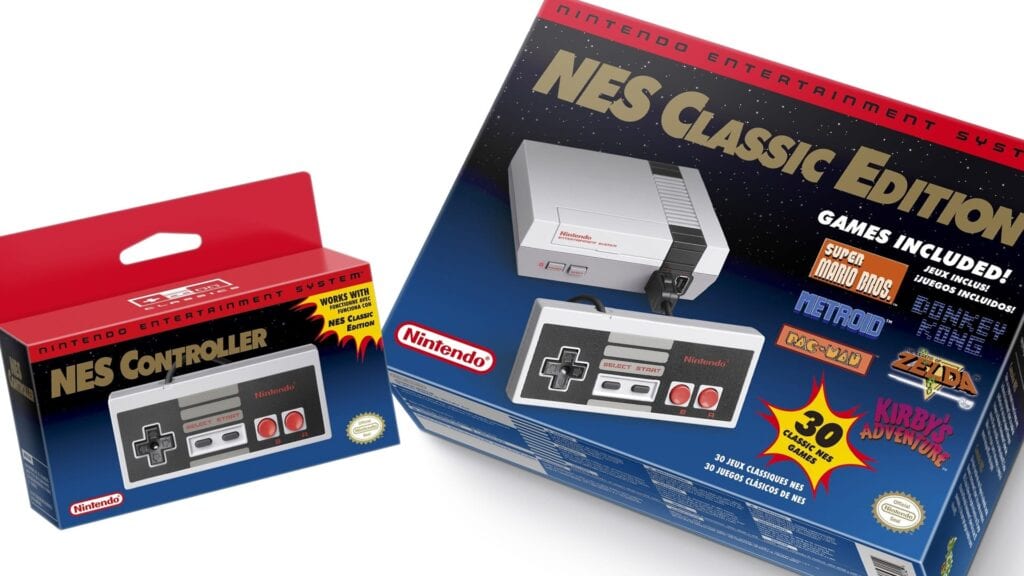
Not only was there an issue with stock, but communication as well. Nintendo remained mum on specifics as far as how many units retailers would see in the western side of the market, prompting even more lush grounds for those third party dealers.
The demand was there, the NES Classic sold more units in three weeks than the Wii-U, the most recent platform at the time, did in a six-month span. When Nintendo eventually made the announcement that production was definitively discontinued, fans were crushed.
The same supply and demand issue can also be seen in other aspects of the Nintendo brand. Amiibos, handheld devices, the SNES Classic Edition, and even the current issue with short supply of the Nintendo Switch are further examples of this disconnect between the big N and the market today. With short bursts of inventory, and no clear indication of exact numbers, potential buyers are left frustrated with how to continue support of a company when they feel like they aren’t being heard.
Nintendo has addressed the issue in the past stating that they have underestimated the demand and that “sometimes we get it wrong.” So what should be the next step for Nintendo?
The Nintendo Switch’s success has gathered a lot of the lost goodwill from fans, but even still the supply issue is there and constantly shadows the footsteps of success. One suggestion for the company is to rely on pre-orders to accumulate an accurate desire for their products but even that is faulty for two major reasons: not everyone is a fan of being bullied into a pre-order for something they feel should be available to the public, and also that the pre-order system itself has its flaws.
Major retailers in the past have had to cancel large quantities of pre-order purchases due to incorrect information, threat of scalpers, or just simple technological issues. With a flawed system from both the quantitive count and the desire of the overall market, it’s tough to see such a simple fix as the answer.
At the end of the day, there are multiple factors behind this disconnect but the biggest issue lies in production, which again loops back to the problem of an accurate count. But Xbox and PlayStation don’t seem to have these issues, at least not to this extent. Because of this, many feel that it might not be a mistake of happenstance, but a deliberate use of the “exclusivity” allure. Should they move away from this desire to capitalize on exclusivity? Do the profits outweigh the damage done to the company’s reputation?
Nintendo took the right step with their latest platform. The overwhelming, and never before seen, third party support alongside constant throwbacks to classic titles, the Nintendo Switch is ushering in an era that sees the perfect marriage between veteran and newbie gamers. The nostalgic allure of systems such as the NES and the SNES Classic Edition is still there, but with sales reaching all-time highs, and supply coming in faster increments, the ploy of exclusivity could very well lose its appeal to the company.
An important thing to note as well is that even though there are new systems in the Nintendo line-up, that doesn’t necessarily mean an impact on the production of other products set for release. Mechanically, production of units is separate but the with the reputation of Nintendo on the rise since the Wii-U flop, a more fluid consumer-production relationship is doable in the future.
Nintendo needs to listen to their fans and realise their scope of the very real demand. If it is a capitalization on exclusivity, Nintendo needs to understand that the market itself can be unforgiving. The Nintendo Switch and the SNES Classic Edition are both potential launching points for a fresh start and a reconnect to their audience. It’s time that Nintendo lives up to their name that they’ve earned, and focus on that marriage between the two gaming groups. They have their own niche with a very loyal buyer base, it’s time Nintendo rewards that loyalty with fair, and aware, business practices.
Follow DFTG on Facebook and Twitter for more gaming news, reviews, and industry discussion with fellow gamers.
Matt Ruppert715 Posts
Navy Veteran with a penchant for the FPS genre, Chewy has all aspects of the gaming community covered. Don't expect to see him on a console any time soon, however - though he has experience in all platforms, the PC Master Race has a firm hold on him.

